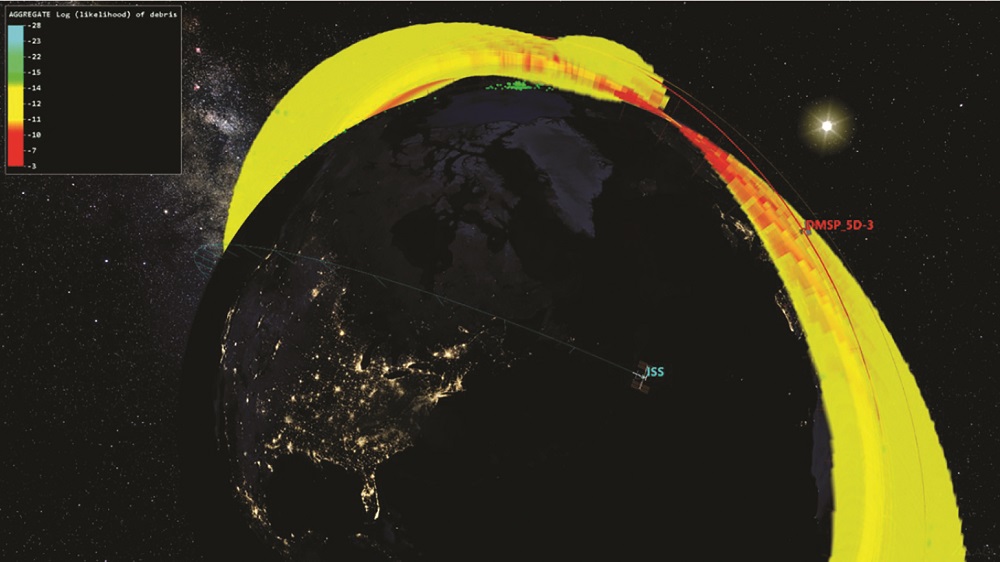WASHINGTON — Amid widespread skepticism among policymakers about space arms control treaties, a fresh approach is needed to overcome historical obstacles to such agreements, according to a new study by the Aerospace Corporation’s Center for Space Policy and Strategy.
The report addresses one of the central challenges in space arms control: the difficulty of monitoring compliance with potential agreements. This issue is compounded by the ambiguity surrounding what constitutes a “space weapon” given the dual-use nature of many space technologies.
“Many U.S. policymakers are deeply skeptical that a space arms control agreement can be effectively verified,” writes Aerospace’s national security policy analyst Michael Gleason. However, he suggests that verification concerns have often been used as a pretext when other political and strategic factors were the true impediments to progress.
Gleason argues that recent technological advancements have improved the capabilities of the United States and its allies to monitor space activities, potentially making verification more feasible than in the past.
The study proposes leveraging new space situational awareness technologies and data collection methods to enhance verification capabilities. This approach would involve integrating data from commercial and academic sources with government monitoring systems, potentially building broader trust and redundancy in space verification information.
Sharing information
Gleason also recommends more robust information-sharing on space activities among nations. “Although there is still room for improvement in potential space arms control verification technologies, in recent years the United States has acquired significant capability improvements that have apparently reduced the problem of distinction and could make verification more feasible,” he notes.
The report comes at a time of increasing concern about the militarization of space and the use of anti-satellite weapons. While the 1967 Outer Space Treaty prohibits placing weapons of mass destruction in orbit, it does not comprehensively ban other types of space-based systems that could be used to disrupt or damage satellites. Attempts to establish more comprehensive space arms control agreements have so far been unsuccessful, due in part to verification challenges.
